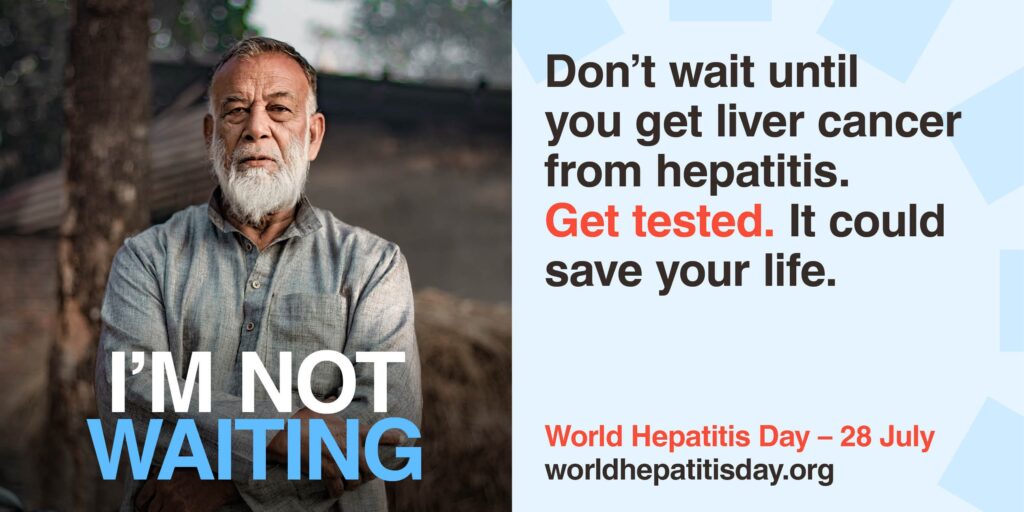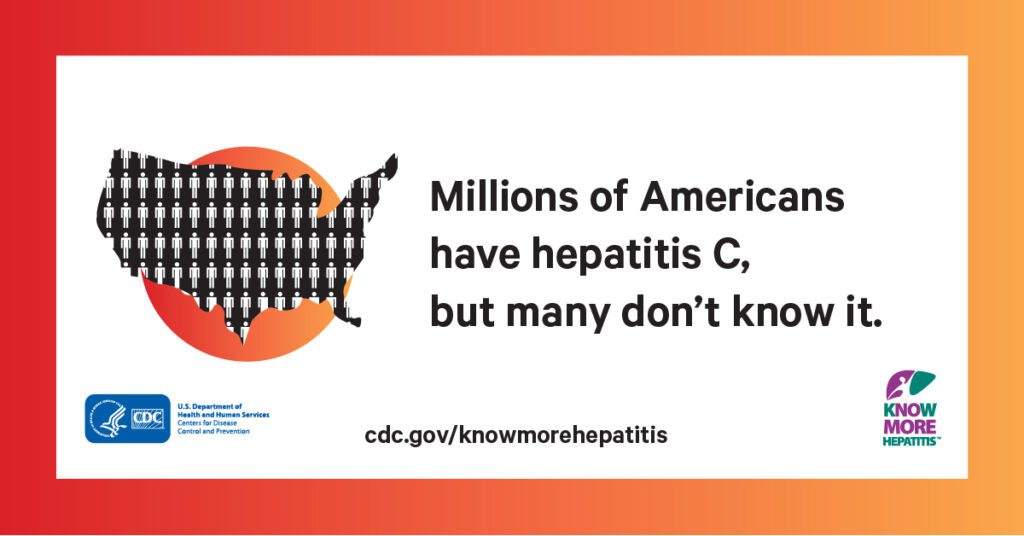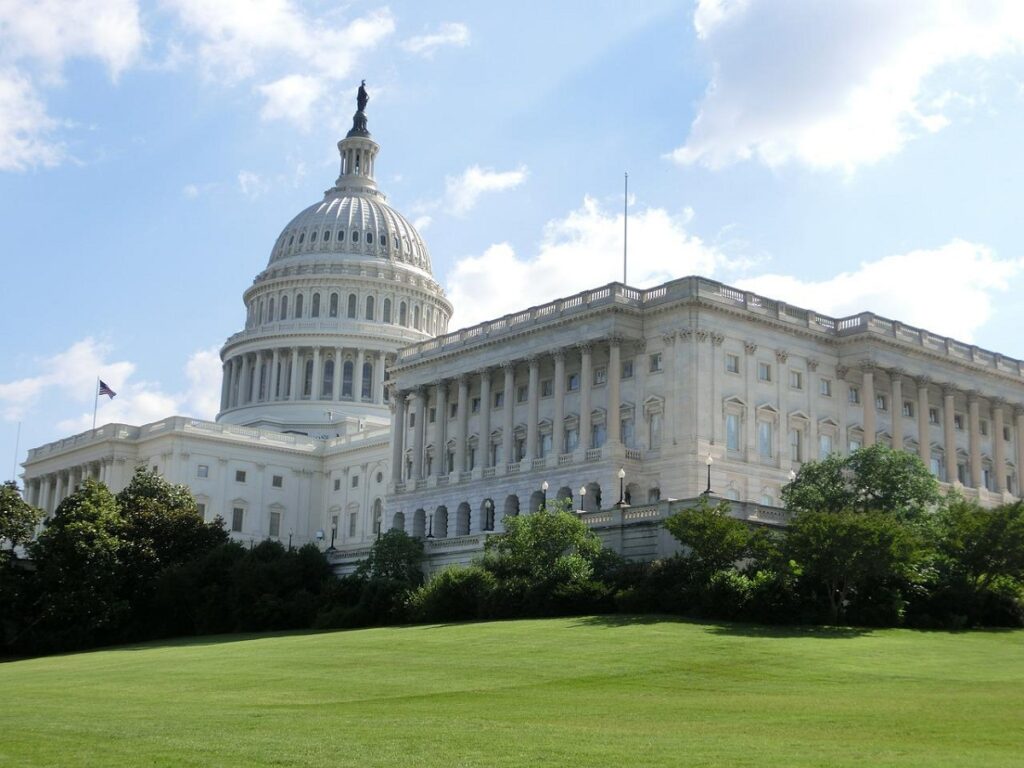In the aftermath of the COVID-19 pandemic, it’s important to explore the impact of the pandemic on other infectious diseases, such as hepatitis. There is no doubt that medical advancements, namely anti-viral therapies, have altered the course of treatment and outcomes. Hepatitis, however, continues to be a global health concern, and we can’t ignore it.
Ahead of World Hepatitis Day (July 28), it’s important to look at the links between hepatitis and COVID-19, and the work needed to be done.
Hepatitis is a broad term describing a range of infectious and noninfectious causes or an outright autoimmune reaction directed against an individual’s liver cells. Viral hepatitis alone has affected millions of Americans’ lives. And yet, more than half of those living with hepatitis have no knowledge of being infected.
According to the U.S. Department of Health, the actual number of individuals living with hepatitis B is between 730,000 and 2.2 million, and with hepatitis C is between 2.5 million and 4.7 million. Interestingly, in 2018, Millennials (adults in their 20-30s) made up the majority of newly reported hepatitis C infections. The risk to anyone living with hepatitis is not only the risk of transmission to others but also the potential for life-altering liver disease or cancer.
The links between hepatitis and COVID-19
Not surprisingly, hepatitis B and COVID-19 have similar risk factors. These include poor sanitation, overcrowded living conditions, and limited or inadequate healthcare. Patients already exposed to hepatitis are vulnerable to additional viral illnesses, given their compromised liver function. COVID-19 has the potential to worsen symptoms in this subset of patients.
As COVID-19 persisted and put an obvious strain on healthcare systems worldwide, critical resources and diagnostic attention was understandably diverted from infectious diseases like hepatitis. With reduced access to healthcare and fears of infection in healthcare settings during the pandemic, routine screening was delayed or postponed across many diseases. Patients have now possibly become lost in rescheduling. The untimely recognition of symptoms, diagnosis, and treatment increases the risk of progression to a more advanced stage of the disease.
COVID-19 similarly impacted the treatment of patients with hepatitis as its management relies on regular monitoring, medication adherence, and follow-up. The required isolation periods during the pandemic contributed to limited provider access and laboratory services. Patients unable to access facilities remotely, either due to a lack of knowledge or computer access for telemedicine, were placed at an even greater risk. The pandemic also drove medication shortages, with many patients experiencing an interruption or change in their typical prescribed medications. These changes may cause missed diagnoses, suboptimal disease control, diminished treatment efficacy, and an elevated risk of complications.
Preventative strategies, such as harm reduction programs, safe injection practices, and vaccinations, were deprioritized during the pandemic. Each of these practices contributes its own part to preventing viral transmission and is vital in preventing new infections.
The next steps for hepatitis treatment and prevention
As we enter a new phase following the COVID-19 pandemic, it is an excellent time to reflect upon how diseases like hepatitis may have taken the proverbial backseat. We must ensure equitable access to screening, diagnosis, treatment, and prevention for all patients. There is no better way to start this than by revitalizing education and public awareness.


As Bio.News reported last year, the World Health Organization (WHO) aims to eliminate hepatitis by 2030. Ensuring the world catches up on routine immunizations, which include hepatitis B, is critically important.
“A primary challenge is identifying those infected, working with at-risk individuals, the public health sector, and the R&D-based biopharmaceutical industry,” says the International Federation of Pharmaceutical Manufacturers & Associations (IFPMA). “An affordable, effective vaccine might just be the most powerful tool for defeating HCV.”
The development of next-generation treatments is important, too. GSK, a Biotechnology Innovation Organization (BIO) member, is working on a treatment for chronic hepatitis B. In November 2022, the company said the treatment “could result in a functional cure.”




